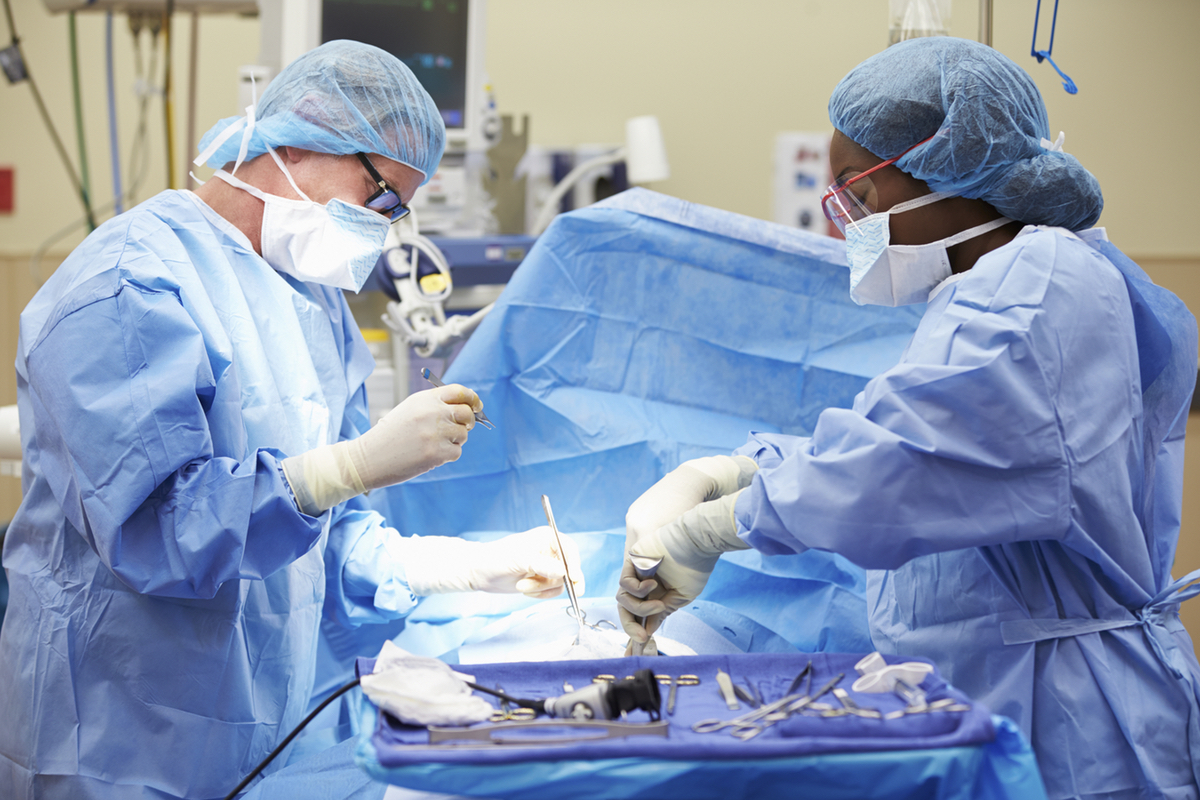How to Make Money as a Healthcare Writer
Are you knowledgeable in the field of healthcare? Combine that knowledge with good writing skills and you have the formula for a winning freelance writing business. There’s a strong market for people who have the knowledge and expertise to be a good healthcare writer. Even if you’ve never been to medical school if you have basic health knowledge and a knack for the written word, there’s likely a market for your work. This is your Guide to Marketing Your Med Spa and how you can hone your skills as a medical writer.
As a healthcare writer, who needs your services? There is a multitude of doctors who need printed information to give to their patients. A doctor may also be interested in publishing a book or article on his or her area of expertise but may not have the time to do the research and writing themselves. You could offer your services as a medical ghostwriter or editor to doctors in your area who want to establish their credibility as an expert.

Another niche for a healthcare writer is publishing monthly newsletters for local doctor’s offices. Doctors need a way to keep in touch with their patients and a newsletter provides an effective way of reminding patients of the services they offer. You could also write a newsletter and market it to a variety of doctors, leaving room for them to personalize it with their name and logo. Your newsletter could include seasonally relevant medical information such as the importance of getting a flu shot as well as general information such as how to lower cholesterol levels. Many doctors would like to offer a newsletter to their patients but don’t have the time or resources to write it.
Doctors aren’t your only potential market as a healthcare writer. Other healthcare professionals such as chiropractors, dentists, veterinarians, optometrists, osteopathic doctors, pharmacists, and alternative medical practitioners could use your services too. Once you’ve tackled these smaller markets and gained some experience, you could approach larger markets such as hospitals and pharmaceutical companies. Hospitals and drug companies may be interested in having you write information for brochures, manuals, product-related literature, or press releases.
Start by approaching the offices of local health care providers in your area to find out what their needs are. Be sure to have a professional business card that discusses the services you offer as a healthcare writer. Carry a portfolio that shows samples of your writing along with any awards you’ve won and health-related information you’ve published.

Before you offer your services as a healthcare writer, be sure you have good medical research skills as well as the desire to keep abreast of the latest medical studies. It’s important to include references when you write professional medical articles to support your statements. It may help to take a course on medical writing if you don’t have extensive experience writing in the healthcare field.
If health information is your interest and writing is your passion, a career as a healthcare writer may be a perfect match.




